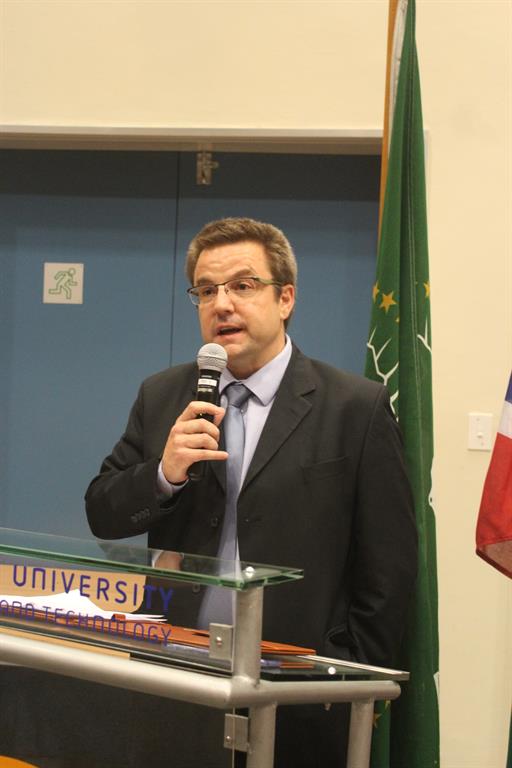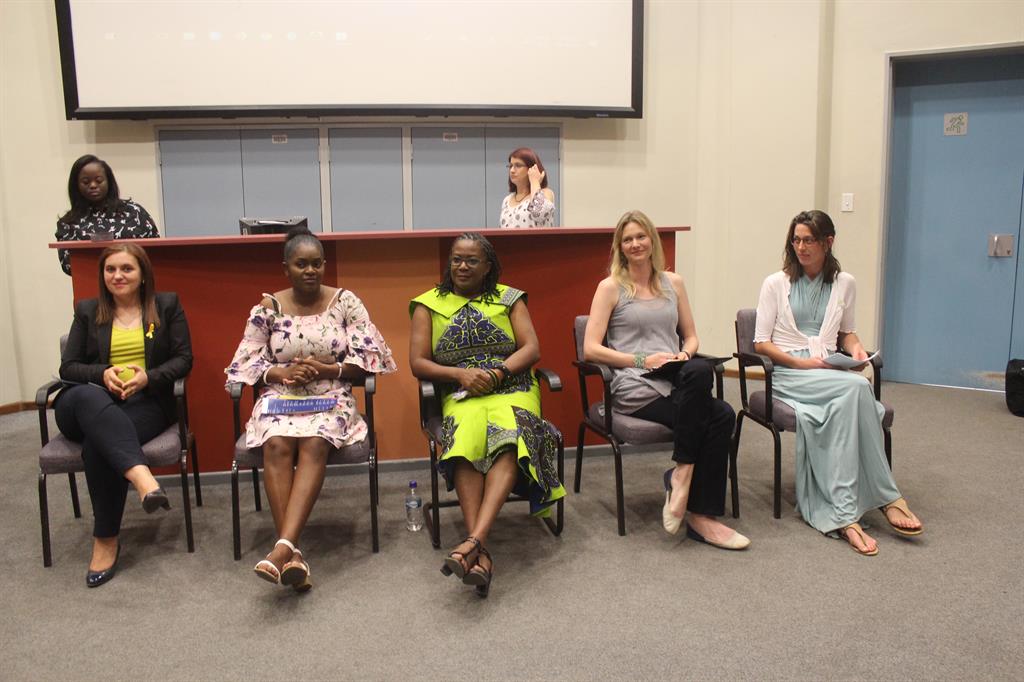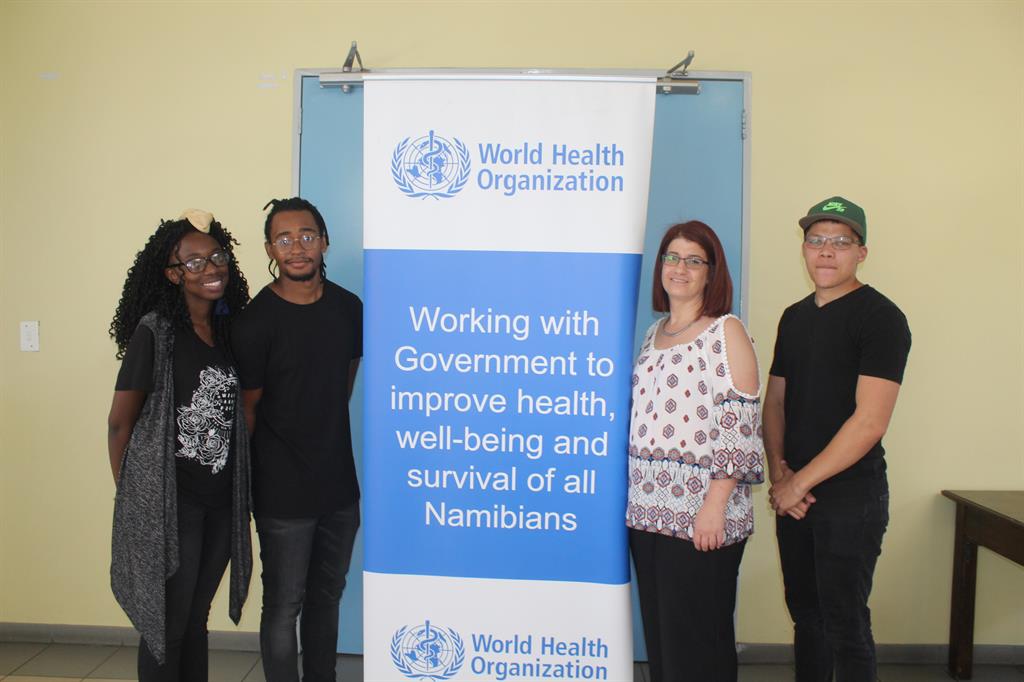Mental health a burden
Justicia ShipenaThe World Health Organisation (WHO), in collaboration with the Namibia University of Science and Technology (Nust), celebrated World Mental Health Day under the theme 'Young people and mental health in a changing world' at the university's premises from 10 to 11 October.
The two-day mental health campaign was aimed at promoting awareness, knowledge and understanding amongst the youth and the community at large about mental health issues.
It was hosted by the student services department, in conjunction with the media and communication society.
The campaign centred around the 'if only' concept.
There was an interactive discussion with qualified professionals in the mental health sector.
The panel consisted of Maryna Mostova (clinical psychologist), Lahja Hamunjela (psychiatry and mental addiction specialist), Helena Louw (occupational therapist) and Inken Kuehhirt and Erika Kamwanka (both medical social workers).
According to WHO, half of all mental illnesses begin by the age of 14, but most cases go undetected and untreated.
In terms of the burden among adolescents, depression is the third-leading cause of mental illness.
Suicide is the second leading cause of death among 15 to 29 year olds.
Nust deputy vice-chancellor for finance and administration, Morne du Toit, said there has been a huge outcry recently in Namibia regarding the high occurrence of suicide amongst youth. Students and staff do not always know how to address mental health problems and knowledge, as well as awareness, are usually limited, he said.
Du Toit added there is a huge stigma attached to mental health, thus he encouraged society to find ways to combat this stigma.
“We need to create awareness of the support and services that are available to students and staff. Remember, it is not just about us being directly affected but how we provide support when affected indirectly,” he said.
Speaking to The Zone at the event, Mostova said people in every corner should be educated through the media and to talk about mental health.
She also applauded the ministry of health for trying to bring this issue to light.
“We have to start with not only educating professionals or people who work with children, but also the parents,” she said.
Mostova added there many actors that contribute to mental health problems, thus each and every one should try to create a safe and comfortable place for people to speak out, so they are not afraid to ask for help.
She also urged parents to talk and listen to their children, by going down to their level, which makes the child comfortable and trusting.
One young survivor who attended the event shared her testimony and urged students to find solutions when they are struggling with mental ill issues.









Comments
My Zone
No comments have been left on this article